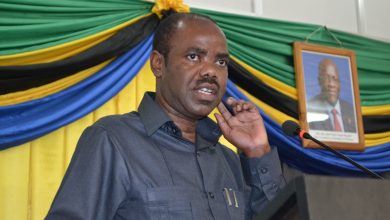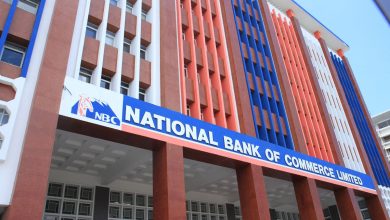How to tap into diaspora remittances for development

REMITTANCES have emerged as important source of financial inflows to Africa, surpassing Development Aid and Foreign Direct Investment. In 2024, Sub – Saharan Africa received an estimated 56 billion US dollars in remittance making it a significant recipient region.
Thanks to its massive diaspora population, Nigeria usually receives a huge share of remittance inflows followed by Ghana, Kenya and Senegal. On the other hand, South Africa is the largest sender of remittances to other African countries.
In East Africa, remittances reached 4.95 billion US dollars with Kenya receiving 4.8 billion US dollars, making it the leading recipient nation. Tanzania saw a surge of inflows between July and December 2024 with the number reaching approximately 810 million US dollars.
Challenges The diaspora still face high cost of transfer of funds. Tanzania and East Africa bloc is yet to develop mechanisms that will lower cost of funding to the region.
However, plans are set in motion now as we have seen huge initiatives by the EAC governments in coming up with policies and regulations to make those transfers easier.
Lack of Timely, Accurate and Disaggregated Remittance Statistics The region, Tanzania included still lacks a well-defined standard in capturing and providing remittance statistics. Most of the available data is aggregated making it difficult for policymaking. Lack of Infrastructure and Technological Gap East Africa still lacks sufficient remittance infrastructure to support remittance inflows.
This always leads to informal transfers which are difficult to account for. Tanzania Diaspora Like other diaspora, Tanzania diaspora faces the same challenges in funds remittance. However, recent initiatives by the government to create conducive environment in terms of regulations have started to yield results.
In 2024, Tanzania diaspora contributions to the UTT collective investment scheme surged to approximately 7.5bn/- from 6.4bn/- in 2023. Their direct investment in real estate via National Housing Corporation (NHC) and private developers climbed to 9.28bn/- from 7.56bn/-.
The Ministry of Foreign Affairs and East African Cooperation has coordinated the diaspora inclusion in various economic activities via connecting them with local institutions to facilitate their engagement in national development.
ALSO READ: Understanding CISs: Power of pooling
Previously, Tanzania diaspora outside EAC were not allowed to participate in Treasury bond auctions with regulations only allowing residents of the bloc to participate.
Currently, diasporamembers residing in country can participate in Treasury bond auctions provided that they meet the minimum requirements. Introduction of remittance services like Nala, now provides technological solutions for remittances that were not available a few years a go further simplifying funds remittance to the continent.
Diaspora Engagement and Opportunities This government’s initiative aims at creating a conducive environment for engaging the diaspora to contribute in national development. Below are some of the functions of this initiative:
- To coordinate the development, implementation and review of Diaspora focused policies
- To sensitise and promote understanding of the role of diaspora
- To develop and maintain the database for diaspora statistics
- To coordinate and formalise role migration for Tanzanians moving to work abroad This initiative is under a division of the Ministry for Foreign Affairs and East Africa Cooperation and is divided in two sections; mobilisation, protection and data management section and diaspora investment and international employment section.
Conclusion Diaspora play a huge role in Sub Saharan Africa financial Inflows. With the amount now surpassing traditional sources of inflows, their role in the continent economic development has to be taken seriously.
The recent government initiatives in creating conducive environment for the diaspora have started to bear results and we believe the initiatives have still huge potential in including the latter in national development activities.





